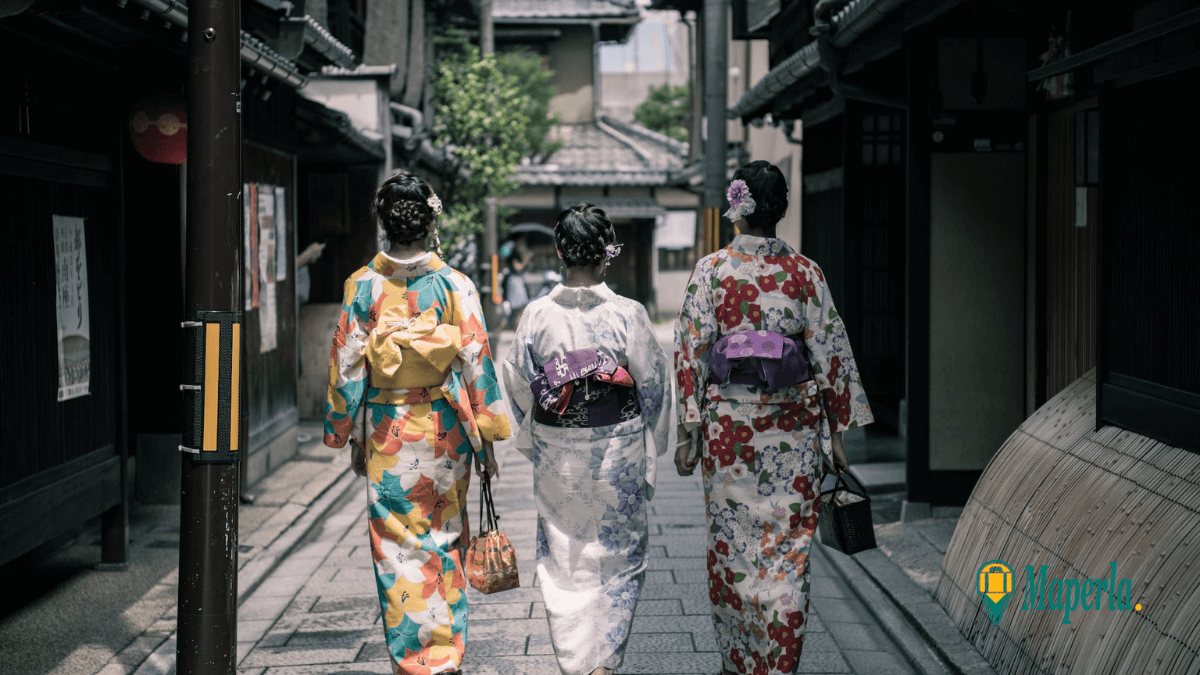Don’t Do This When Visiting Japan: Mastering Customs and Culture for an Unforgettable Experience
Japan is a fascinating and beautiful travel destination, known for its rich history, unique culture, and stunning natural landscapes. Visitors from all over the world come to experience the vibrant cities, ancient temples, delicious cuisine, and warm hospitality of the Japanese people. However, to make the most of your trip, it’s important to understand Japanese customs and culture.
Japan is a country with a long and rich history, and its customs and traditions are deeply rooted in its culture. Visitors who take the time to learn about Japanese customs will be rewarded with a more authentic and meaningful experience. Understanding Japanese customs and culture is also important for showing respect and avoiding cultural misunderstandings.
Etiquette and Customs
Japan is known for its strict etiquette and customs, which can be confusing or overwhelming for first-time visitors. Some common mistakes made by tourists include not bowing properly, using chopsticks incorrectly, or being too loud in public spaces. By understanding Japanese etiquette and customs, visitors can show respect and avoid cultural misunderstandings.
Dress Code
Japanese dress code can vary depending on the occasion and location. It’s important to dress appropriately for different situations, such as formal occasions or visits to religious sites. Visitors should also be aware of the strict rules regarding tattoos, which are often associated with criminal activity in Japan.
Language
Japanese is the official language of Japan, and while English is widely spoken in tourist areas, it’s still important to learn some basic Japanese phrases. This can be helpful for communicating with locals and showing respect for Japanese culture.
Technology
Japan is known for its advanced technology, but visitors should be aware of the dos and don’ts of using technology in Japan. For example, it’s important to turn off cell phones in public spaces and to avoid using cameras in certain areas, such as sacred sites.
Eating and Drinking
Japanese food culture is renowned for its fresh and delicious cuisine. Visitors should be aware of the etiquette for dining in Japan, such as not talking with your mouth full and not leaving food on your plate. It’s also important to be aware of the etiquette for drinking alcohol, which is often part of business and social interactions.
Transportation
Japan has an extensive and efficient transportation system, including trains, buses, and taxis. Visitors should be aware of the etiquette for using public transportation, such as not eating or drinking on trains, and not speaking loudly on mobile phones.
Tipping and Gift Giving
Tipping is not a common practice in Japan, and can even be seen as rude or offensive. Gift-giving, however, is an important part of Japanese culture and can be a way to show appreciation and build relationships.
Safety and Security
Japan is known for being a safe country, but visitors should still be aware of potential risks and take precautions. This includes being aware of natural disasters such as earthquakes and typhoons and being mindful of personal belongings in crowded areas.
Visiting Japan is a unique and rewarding experience, but it requires an understanding of Japanese customs and culture. By learning about Japanese etiquette and customs, visitors can show respect and avoid cultural misunderstandings, and have a more meaningful and enjoyable trip. Japan’s history, culture, and natural beauty make it a travel destination that should not be missed.

